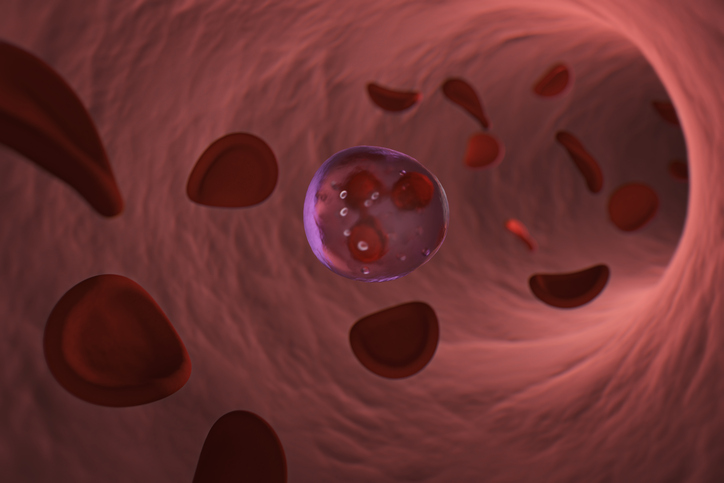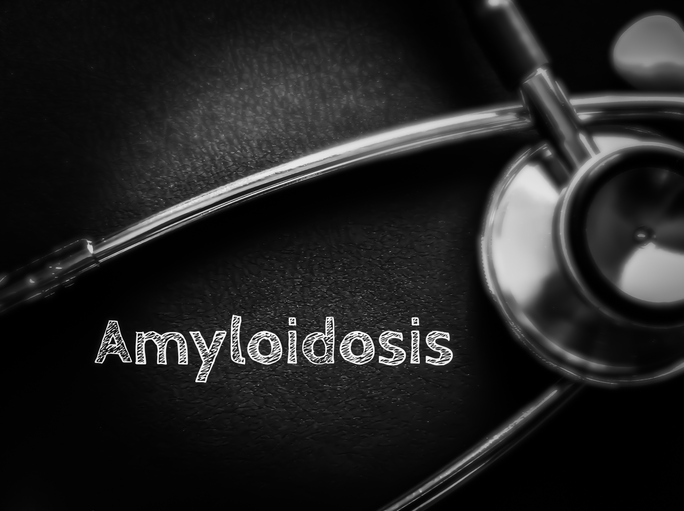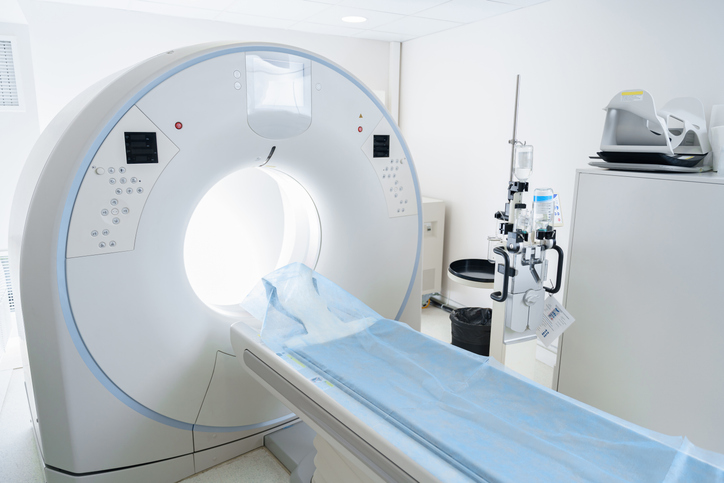
A new study suggests that consuming one or more sugary drinks per day was associated with an increased likelihood of developing cardiovascular disease (CVD).
Researchers publishing in the Journal of the American Heart Association looked at more than 106,000 women free of CVD and diabetes mellitus (average age, 52 years) in the California Teachers Study (CTS). They assessed baseline sugar-sweetened beverage (SSB) consumption (defined as caloric soft drinks, sweetened bottled waters or teas, and fruit drinks) as assessed by a self-reported questionnaire. The study CVD endpoints of interest were derived from statewide inpatient hospitalization records. The team used Cox proportional hazards models to assess the link between baseline SSB consumption and incident CVD.
“Although the study is observational and does not prove cause and effect, we hypothesize that sugar may increase the risk of CVD in several ways,” lead author Cheryl Anderson, PhD, MPH., MS, professor and interim chair of Family and Public Health, University of California San Diego, and chair of the American Heart Association’s Nutrition Committee, said in a news release. “It raises glucose levels and insulin concentrations in the blood, which may increase appetite and lead to obesity, a major risk factor for cardiovascular disease.”
According to the results, there were 8,848 incident CVD cases over the course of 20 years of the study. The data showed increased hazard ratios for CVD HR=1.19; 95% CI, 1.06 to 1.34), revascularization (HR=1.26; 95% CI, 1.04 to 1.54), and stroke (HR=1.21; 95% CI, 1.04 to 1.41) in women consuming one or more servings of SSB per day compared with those who seldom or never consumed them. This association was present after adjusting for confounding variables. The association was also reported in women who consumed one or more servings of sugary fruit drinks (HR=1.42; 95% CI, 1.00 to 2.01; P trend=0.021) and caloric soft drinks (HR=1.23; 95% CI, 1.05 to 1.44; P trend=0.0002) versus rare or never-consumers.
The large sample size and extensive follow-up period were cited as strengths. Limitations included using just a single measurement for beverage intake, and that it did not include artificially sweetened beverages or sweetened hot beverages.
“In addition, too much sugar in the blood is associated with oxidative stress and inflammation, insulin resistance, unhealthy cholesterol profiles and type 2 diabetes, conditions that are strongly linked to the development of atherosclerosis, the slow narrowing of the arteries that underlies most cardiovascular disease,” Dr. Anderson added.
Daily consumption of at least 1 serving of a sugary beverages is associated with a higher risk of heart disease, revascularization, and stroke in women after accounting for CVD risk factors, suboptimal lifestyle behaviors, and dietary intake. https://t.co/vrV4IHXNEo pic.twitter.com/flUbOU8UOl
— Dr Alexey Kulikov (@KulikovUNIATF) May 13, 2020
Only 1 serving? Mo da rån 🙆🏽♀️ https://t.co/N0J64XAGxp
— Summer Child (@missamaks) May 13, 2020
More reasons to ditch the sugary sodas and beverages:
Among women, "Consuming ≥1 serving per day of SSB was associated with CVD, revascularization, and stroke." Via @JAHA_AHA https://t.co/nIuHcaf5am
More Evidence Sugary Drinks Harm Women's Hearts https://t.co/kmKEPwDYsQ
— Gary Ruskin (@garyruskin) May 13, 2020







 © 2025 Mashup Media, LLC, a Formedics Property. All Rights Reserved.
© 2025 Mashup Media, LLC, a Formedics Property. All Rights Reserved.